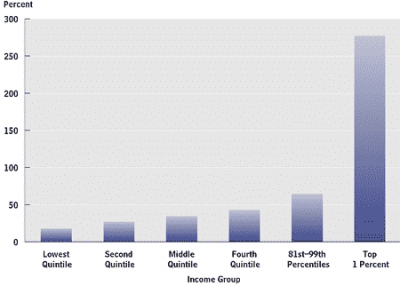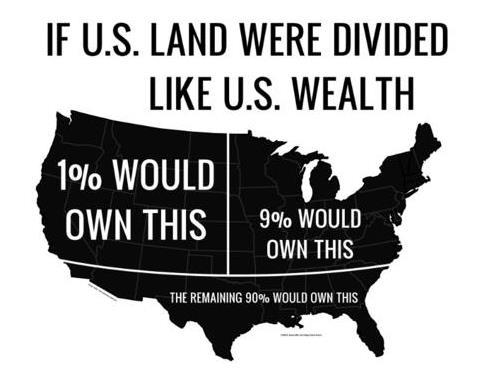The second alleged culprit is ethnicity. But, as
David Lammy,
Tottenham’s MP, has said, these are no race riots. The Eighties
uprisings at Broadwater Farm, as in Toxteth and Brixton, were
products, in part, of a poisonous racism absent in today’s Tottenham,
where the Chinese grocery, the Turkish store and the African
hairdresser’s sit side by side.
So blame unemployment and the
cuts. It is true that Tottenham is among London’s poorest boroughs,
with 10,000 people claiming jobseeker’s allowance and 54 applicants
chasing every registered job vacancy. In other affected boroughs,
such as Hackney, youth clubs are closing. Unwise as such pruning may
be, it would be facile to suggest that homes and businesses have been
laid waste for want of ping-pong tournaments and skateboard parks.
The
real causes are more insidious. It is no coincidence that the worst
violence London has seen in many decades takes place against the
backdrop of a global economy poised for freefall. The causes of
recession set out by
J K Galbraith in his book, The
Great Crash
1929, were as follows: bad income distribution, a business sector
engaged in “corporate larceny”, a weak banking structure and an
import/export imbalance.
All those factors are again in play. In
the bubble of the 1920s, the top 5 per cent of earners creamed off
one-third of personal income. Today, Britain is less equal, in wages,
wealth and life chances, than at any time since then. Last year
alone, the combined fortunes of the 1,000 richest people in Britain
rose by 30 per cent to £333.5 billion.
Europe’s leaders, our own
Prime Minister and Chancellor included, were parked on sun-loungers
as London burned. Although the epicentre of the immediate economic
crisis is the eurozone, successive British governments have colluded
in incubating the poverty, the inequality and the inhumanity now
exacerbated by financial turmoil.
Britain’s lack of growth is not an economic debating point or a stick with which to beat
George Osborne,
any more than our deskilled, demotivated, under-educated
non-workforce is simply a blot on the national balance sheet. Watch
the juvenile wrecking crews on the city streets and weep for all our
futures. The “lost generation” is mustering for war.
This is not
a cri de coeur for the failed and failing. Nor is it a lament for
the impoverished. Mob violence, despicable and inexcusable, must always
be condemned. But those terrorising and trashing London are also a
symptom of a wider malaise. In uneasy societies, people power –
whether offered or stolen – can be toxic. Most of the 53 per cent of
e‑democrats calling to have the death penalty reinstated (of whom 8
per cent would opt for firing squad or gas chamber) would never dream
of torching a police car, but their impulses hardly cohere either
with
David Cameron’s utopian ambitions.
What
price for the Big Society as Tottenham, the most solid of communities,
lies in ruins? The notion that small-state Britain can be run along
the lines of Ambridge parish council by good-hearted, if
under-funded, volunteers has never seemed more doubtful. Nor can
Ed Miliband
take much credit for his unvaried focus on the “squeezed middle”,
rather than on a vote-losing underclass that politicians ignore at
their peril, and at ours.
London’s riots are not the Tupperware
troubles of Greece or Spain, where the middle classes lash out
against their day of reckoning. They are the proof that a section of
young Britain – the stabbers, shooters, looters, chancers and their
frightened acolytes – has fallen off the cliff-edge of a crumbling
nation.
The failure of the markets goes hand in hand with human
blight. Meanwhile, the view is gaining ground that social democracy,
with its safety nets, its costly education and health care for all,
is unsustainable in the bleak times ahead. The reality is that it is
the only solution. After the Great Crash, Britain recalibrated, for a
time. Income differentials fell, the welfare state was born and
skills and growth increased.
That exact model is not replicable,
but nor, as Adam Smith recognised, can a well-ordered society ever
develop when a sizeable number of its members are miserable and, as a
consequence, dangerous. This is not a gospel of determinism, for
poverty does not ordain lawlessness. Nor, however, is it sufficient
to heap contempt on the rioters as if they are a pariah caste.
One
of the most tragic aspects of London’s meltdowns is that we need this
ruined generation if Britain is ever to feel prosperous and safe
again. If there are no jobs for today’s malcontents and no means to
exploit their skills, then the UK is in graver trouble than it
thinks. Mr Osborne may congratulate himself on his prudence, but
retrenchment also bears a social cost. We are seeing just how steep
that price may be.
Financial crashes and human catastrophes are
cyclical. Each reoccurrence threatens to be graver than the last. As
Galbraith wrote, “memory is far better than the law” in protecting
against financial illusion and insanity. In an age of austerity,
there are diverse luxuries that Britain can no longer afford. Amnesia
stands high on that long list.

